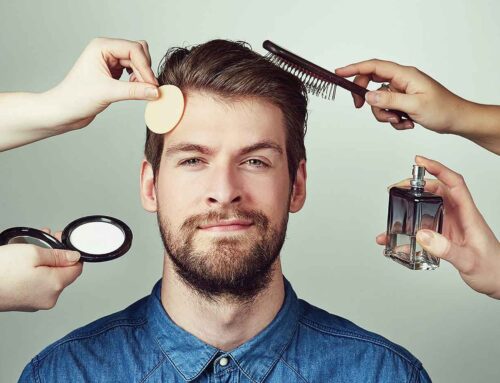Everyone wants to avoid fine lines and wrinkles. Our body maintains the skin’s elasticity and moisture by producing collagen, a protein responsible for strength and structure. Collagen is also found in the hair, nails, cartilage, tendons, and bones. Although collagen is an abundant protein naturally produced in the body, the amount of collagen produced begins to decline by people’s mid-20’s due UV exposure, stress, and nutritional . Many people have been ingesting collagen in different forms as a supplement. There is a lack of evidence that incorporating collagen consumption into your daily routine will boost skin health.
Science Behind Collagen
Collagen is synthesized by dermal fibroblasts, linking amino acids. When digested, collagen is broken down into amino acids and distributed where the body needs protein. Collagen supplements for oral intake are sold as collagen peptides and hydrolyzed collagen, which are more easily absorbable. People also get their collagen intake from foods that contain it such as bone broth, gelatin, and meats full of connective tissue. Other high-protein foods promote collagen production because they contain glycine, proline, and hydroxyproline–amino acids that make collagen. These foods include fish, poultry, meat, eggs, and soy. Foods containing zinc, (shellfish, legumes, nuts, and meats) and foods containing vitamin C (citrus foods, leafy greens, and berries) assist with collagen production.
Results From Studies on Ingesting Collagen
A review of 19 studies with 1,125 participants, published in the International Journal of Dermatology, indicates that collagen supplements may enhance skin firmness, suppleness, and moisture, and reduce the appearance of wrinkles. However, many of these supplements included additional ingredients like vitamins, minerals, antioxidants, coenzyme Q10, hyaluronic acid, chondroitin sulfate, and hyaluronic acid, making it unclear whether collagen alone is responsible for these effects.
Some controlled trials suggest that collagen supplements containing high levels of specific peptides can improve skin moisture, elasticity, and reduce wrinkles. Nevertheless, further large-scale and rigorous studies are needed to determine the effectiveness and long-term safety of these products.
The evidence for collagen’s benefits on hair and nails is less convincing. A small 2017 study reported improvements in nail brittleness and growth with daily collagen intake, but it lacked a placebo group for comparison. It is important to note that results for these studies could be biased since data collection involved anecdotal experiences.
For safe consumption, adults are recommended 2.5 grams and 15 grams of collagen. Ingesting collagen in its powdered or hydrolyzed form in moderate amounts is not harmful, but excess collagen in the skin and tissues can cause rashes, acne, and skin inflammation.
Lifestyle Habits to Look Young
To maintain healthy skin and support collagen production, there are several practices to consider. First, wearing sunscreen or limiting your time in direct sunlight is essential. Ten to 20 minutes of midday sun exposure 3-4 times a week usually provides sufficient vitamin D for most people. Additionally, getting 7-9 hours of sleep each night is crucial for skin recovery and overall health. Avoiding smoking and secondhand smoke is important, as these can damage collagen and accelerate skin aging. Managing stress is also vital, as chronic stress can elevate cortisol levels and decrease collagen production. Finally, while the relationship between exercise and skin quality is still being explored, some studies suggest that regular physical activity may help slow the aging of skin cells.
Rather than increasing oral intake of collagen, work to help your body naturally produce adequate amounts of collagen to help your skin keep a younger appearance.





